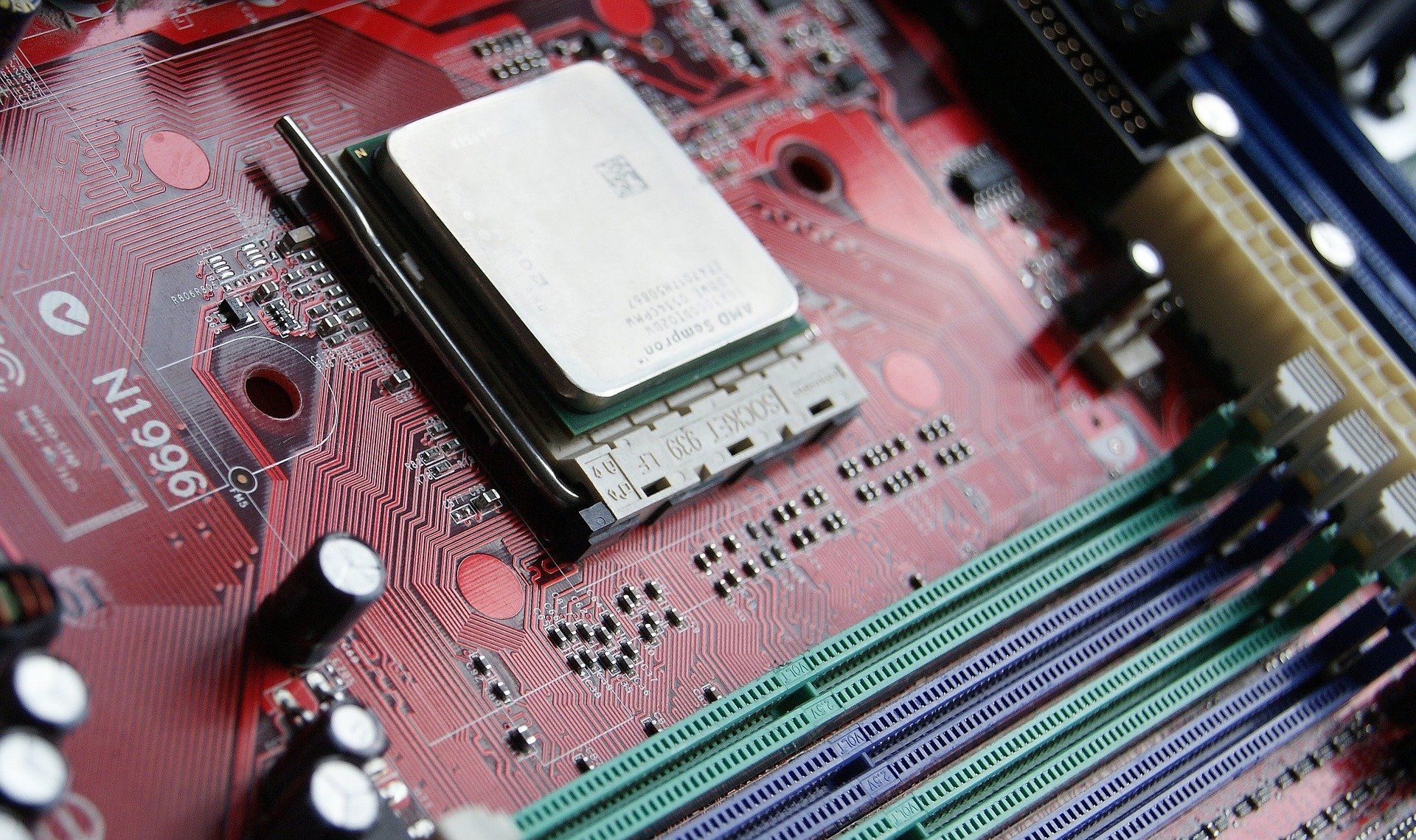Windows 11 is now rolling out to computers worldwide, and reviews and user opinions are already raving in. But it's an initial release, and bugs and issues are natural and expected. In this case, if you're an AMD Ryzen user, you might want to hold onto Windows 10 for just a little bit longer.
As reported by The Verge, AMD released a table detailing performance issues of AMD CPUs on Windows 11. As such, AMD users should be aware of before pulling the trigger on an update; but what is happening exactly, and how badly would it affect you if you actually installed it on your computer?
L3 Cache Latency Greatly Increased

The first issue is related to L3 cache latency, which may cause considerable performance dips for AMD users. According to AMD, Ryzen CPUs on Windows 11 might see their measured and functional L3 cache latency increased by triple compared to Windows 10. As a result, it's possible that applications that rely on memory subsystem access time will be impacted with a performance dip of 3-5%.
If you're into eSports, then the situation gets even worse. AMD's table specifically mentions "games commonly used for eSports" as outliers and says that these games might see a performance drop as significant as 15%. eSports titles like League of Legends and Counter-Strike: Global Offensive are often considered CPU-intensive titles, so Windows 11 might heavily affect your performance in these games.
"Preferred Core" Issues
AMD CPUs support an interface called UEFI CPPC2 (Collaborative Power and Performance Control 2) for something called "preferred cores." AMD uses the CPPC2 interface to transmit to Windows the "preferred cores" of a given piece of silicon—the CPU cores that will achieve the maximum boost frequencies during operation. The system will prioritize these cores and shift threads over to them whenever possible.
On Windows 11, though, the preferred core feature might not shift threads properly. This means that applications that are sensitive to the performance of one or a few CPU threads may suffer from a performance penalty. The performance impact may be more noticeable in processors with more than eight cores and a TDP exceeding 65W, like the Ryzen 7 and Ryzen 9 series of CPUs.
When Is a Fix Coming?
AMD and Microsoft are reported to be "actively investigating" these issues. It is expected that a Windows 11 update resolving them rolls out by the end of October, as the AMD table detailing the issues says that an update solving these issues should arrive this month.
Right now, though, AMD is recommending Ryzen users that are pondering a Windows 11 update to stay on Windows 10 in the meantime. If you're already using Windows 11 on your AMD machine, though, and you're suffering from any of these issues, you might want to wait for an update to roll out.
Stay on Windows 10 for Now
We've now detailed a few of the issues AMD users are currently facing on Windows 11. If you haven't updated yet, it wouldn't be a bad idea to stay on Windows 10 for now. Granted, these are not deal-breaking issues that will cripple your machine. But what's the point of leaving performance on the table?
0 Comments